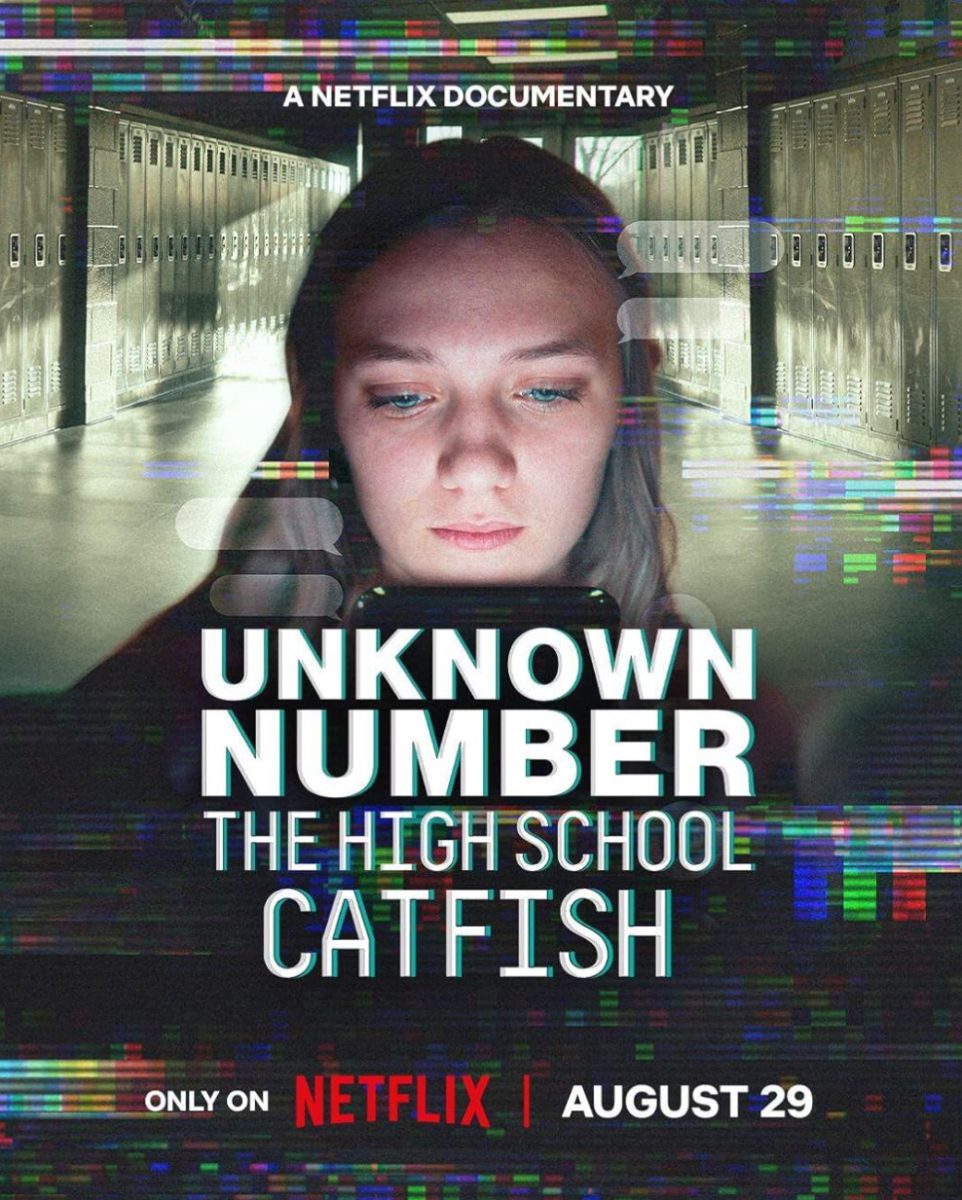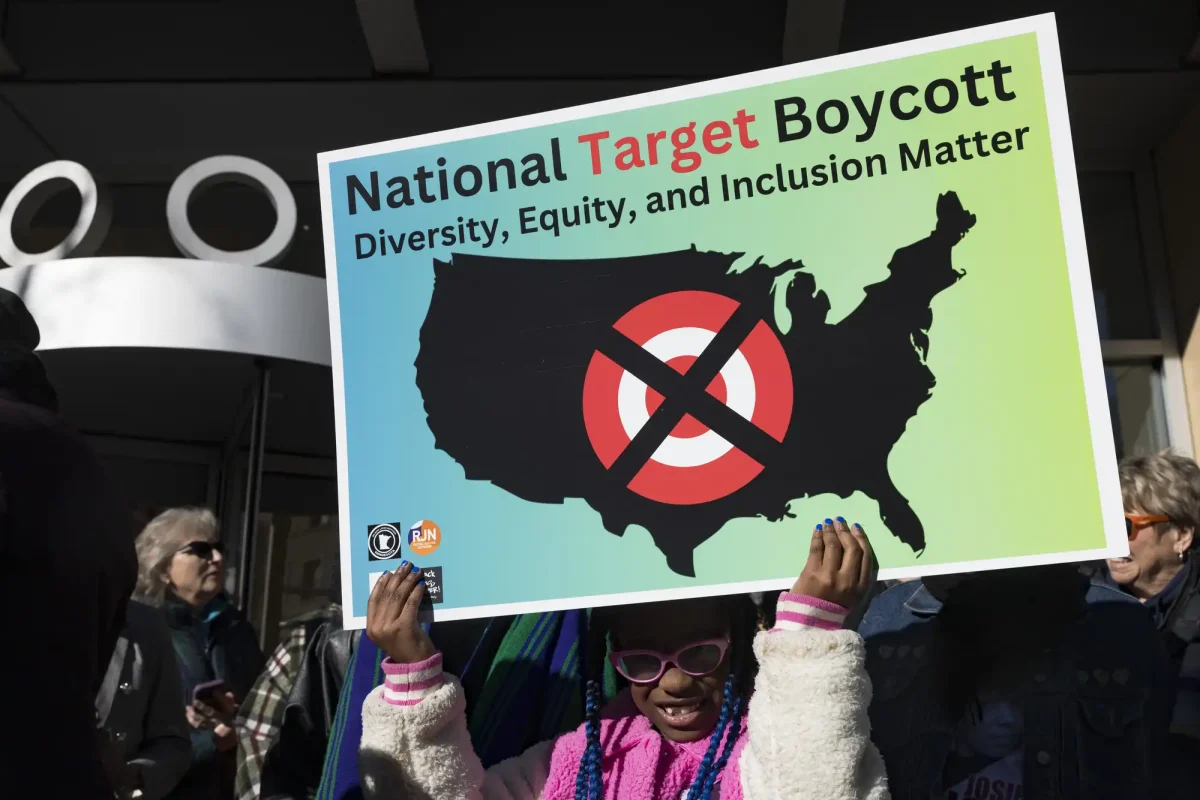Director Skye Borgman, known for her true-crime storytelling, has released a new Netflix documentary titled Unknown Number The High School Catfish. Categorized under both “Documentary Films” and “True Crime Documentaries,” the film delivers exactly what those labels promise, a tense, real-life investigation into an unsettling small town mystery.
The film wastes no time setting the tone. Opening with the words, “All of the text messages in this film are real,” it immediately places viewers in an uneasy position, bracing them for the events to come. The documentary introduces Lauryn Licari, one of the key figures in the case, who provides background on her hometown of Beal City, Michigan, a quiet community where something like this seems unthinkable.
As the story unfolds, the mystery deepens. Each new lead pulls viewers further into the case, with the documentary carefully layering detail upon detail. Lauryn Licari and Owen McKenny had been sent death threats and horrendous comments on their body image. Both authorities and friends of the victims tried to find out who could be this vile enough to spread rumors and ruin relationships.
Just when you think you might be getting closer to the truth, another twist is revealed, leaving you as bewildered as the real people involved. The unresolved threads loose ends that are never fully tied up creating a sense of frustration that mirrors what Beal City residents must have felt living through the ordeal.
One of the most striking elements of Borgman’s documentary is its authenticity. The interviews don’t feel scripted or overly rehearsed; the emotions expressed are raw and human, reminding viewers that these were real people navigating a very real crisis.
Reviews from rottentomatoes.com describe the Netflix documentary as being tragic, uncomfortable, and shocking.
On the other hand reviews from IMDb.com tended to have more blunt and honest reflection on the documentary.
One person points out that there “was way too much sympathy for the antagonist psychopath,” while another adds that “This documentary is a striking portrayal of a hardcore narcissistic sociopath-covert, manipulative, and hidden behind a convincing mask.”
Visually, the film is compelling. Every piece of information is paired with a supporting image, clip, or visual representation, which helps the audience follow the story and visualize the events being described. One particularly powerful moment features real police body-cam footage of an officer arriving at Lauryn Licari’s home, an inclusion that heightens the tension and makes the audience feel like a witness to the unfolding events.
While some sections of the documentary may feel it’s at a slow pace, the end is worth the wait. The truths uncovered are shocking, leaving a lasting impression.
For many viewers, such as myself included, this was a story they had never heard of before watching, which makes its impact even stronger. It’s an experience that immerses its audience in the confusion, fear, and urgency of a community trying to understand what happened.
Overall, I found the documentary to be both powerful and unsettling, it’s the kind of story that stays with you, even after it ends. Unlike other investigative stories that I’ve seen, this one feels more personal because it focuses on how it affected the entire community.
I’d rate it a solid 4 out of 5, while some sections were a little slow the rest of the documentary had me reflecting after I finished watching. It left me with anger and disgust for Lauryn Licari’s harasser.



![A sticker reading “F[***] FASCISTS” displayed on a private property sign. This is one in a series of small, isolated acts of anonymous protest around Moanalua High School’s campus in response to recent political events. It has become a muse for students, met with both support and ridicule.](https://nahokunews.com/wp-content/uploads/2025/03/private-property-1200x673.png)




